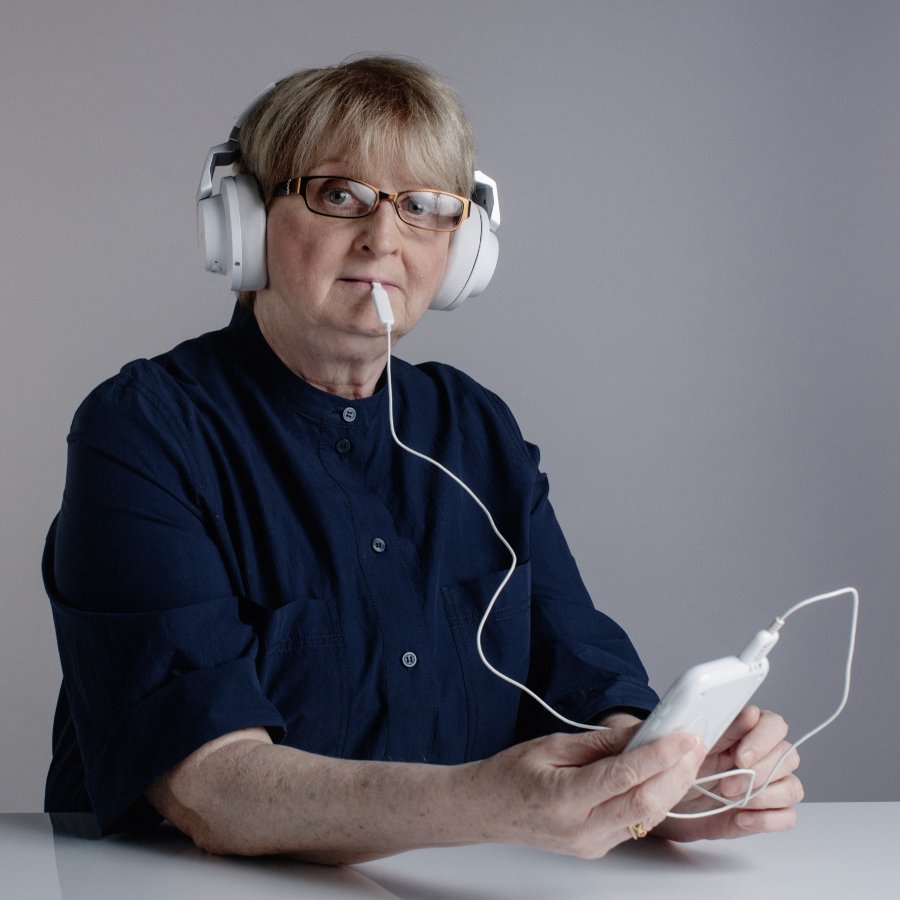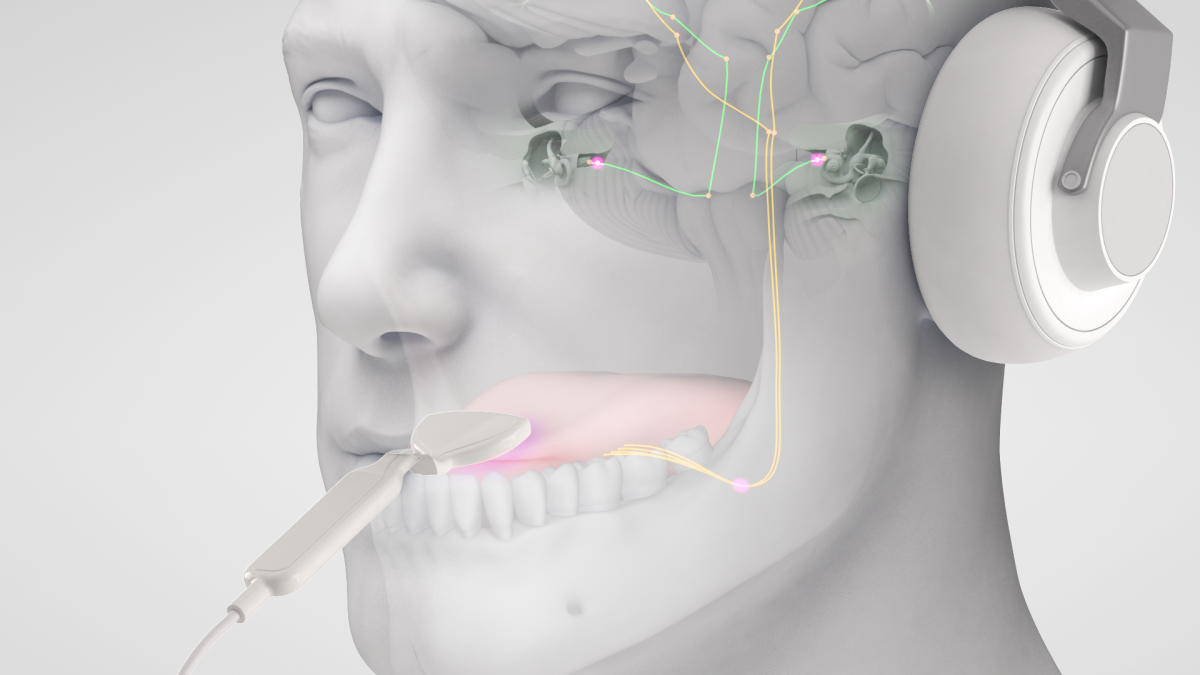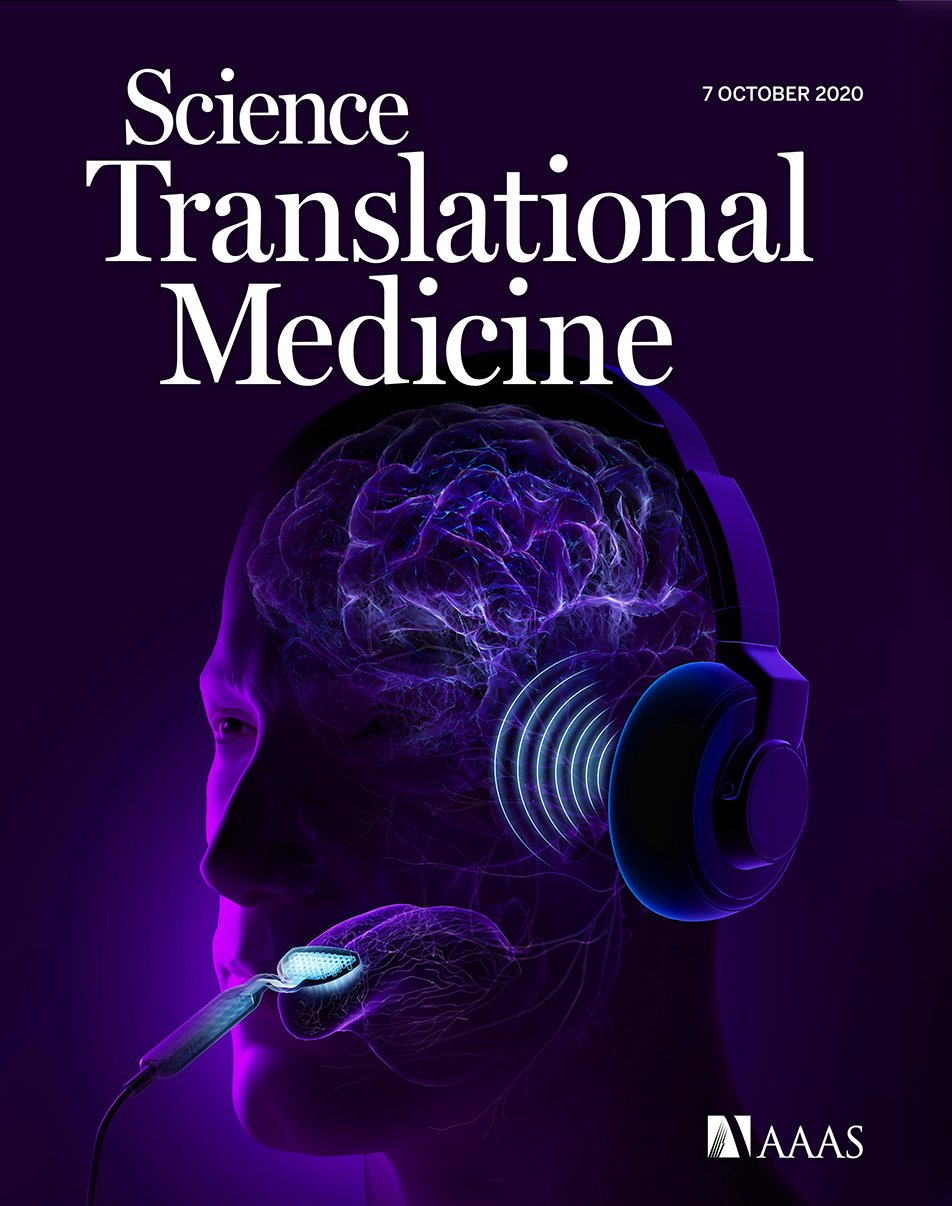New research could help millions who suffer from tinnitus

Oct. 15, 2020—In the largest clinical trial of its kind, Professor Hubert Lim and team showed that combining sound and electrical stimulation of the tongue can significantly reduce tinnitus, commonly described as “ringing in the ears.” They also found that therapeutic effects can be sustained for up to 12 months post-treatment.
The findings could potentially help millions of people since tinnitus affects about 10 to 15 percent of the population worldwide. The study was conducted by researchers from the University of Minnesota, Trinity College, St. James’s Hospital, University of Regensburg, University of Nottingham, and Irish medical device company Neuromod Devices Limited.
The research was published as the cover story of Science Translational Medicine, an interdisciplinary medical journal by the American Association for the Advancement of Science (AAAS).

University of Minnesota Associate Professor Hubert Lim in the Department of Biomedical Engineering was the senior author of the study sponsored by Neuromod Devices. Lim also serves as chief scientific officer of Neuromod Devices.
The study represents the largest and longest followed-up clinical trial ever conducted in the tinnitus field for a medical device with 326 enrolled participants, providing evidence regarding the safety, efficacy, and patient tolerability of bimodal neuromodulation for the treatment of tinnitus. About 86 percent of treatment compliant participants reported an improvement in tinnitus symptom severity when evaluated after 12 weeks of treatment, with many experiencing sustained benefit 12 months post-treatment.
